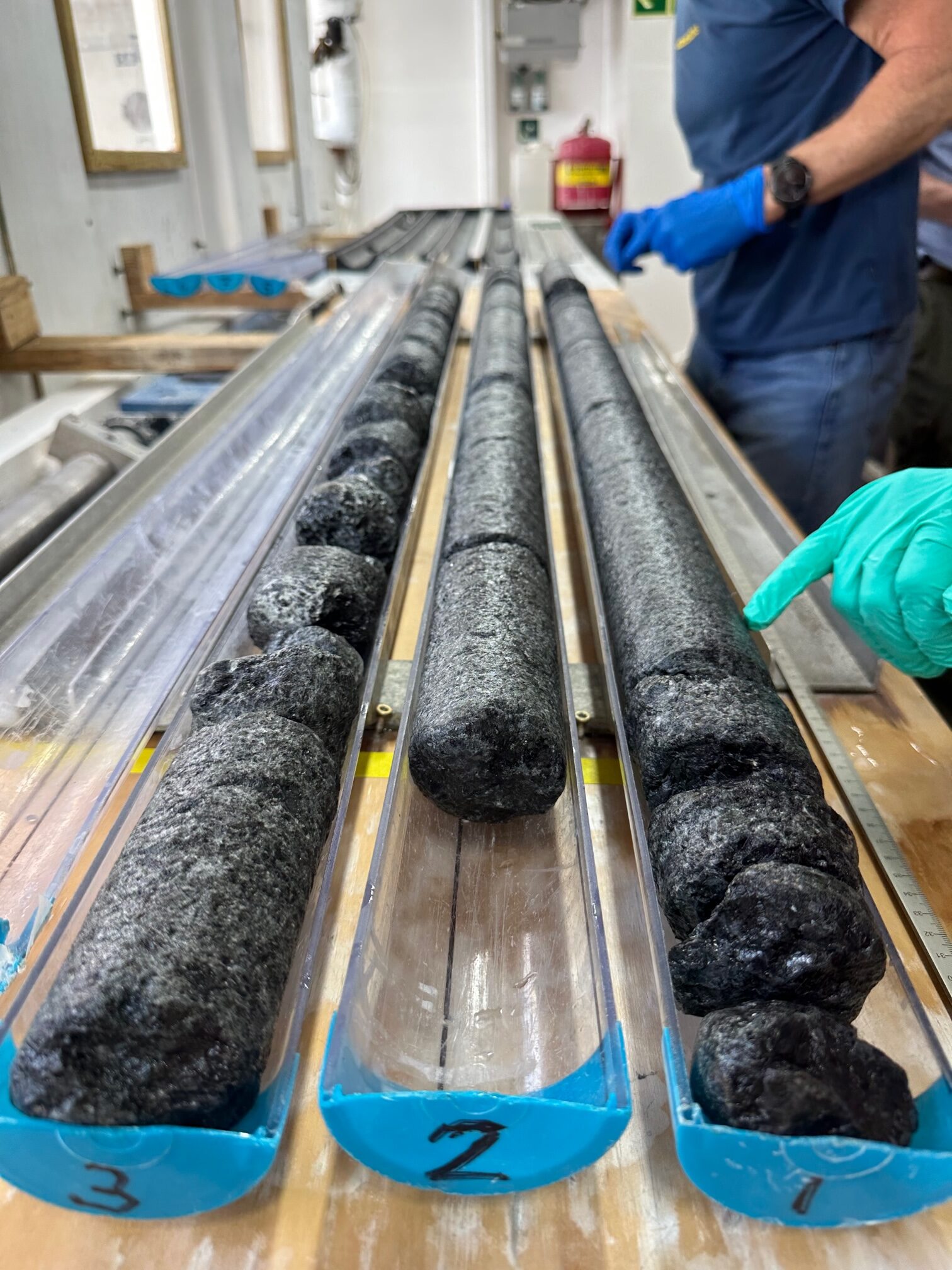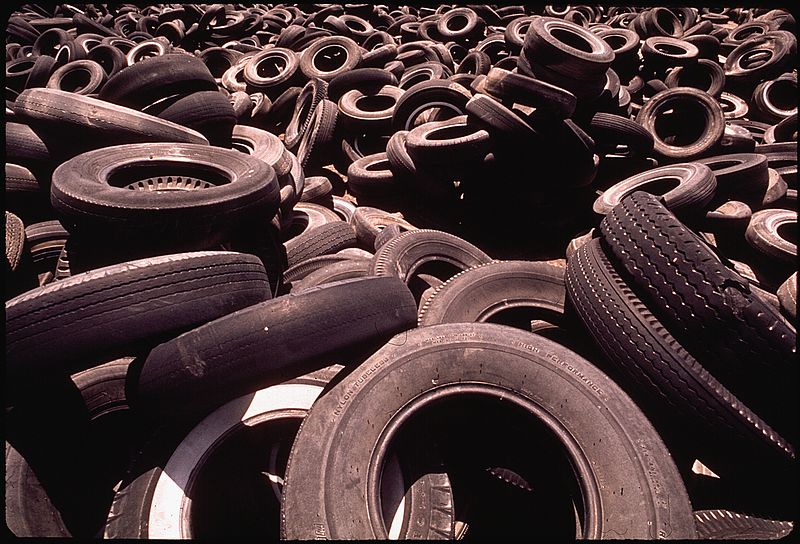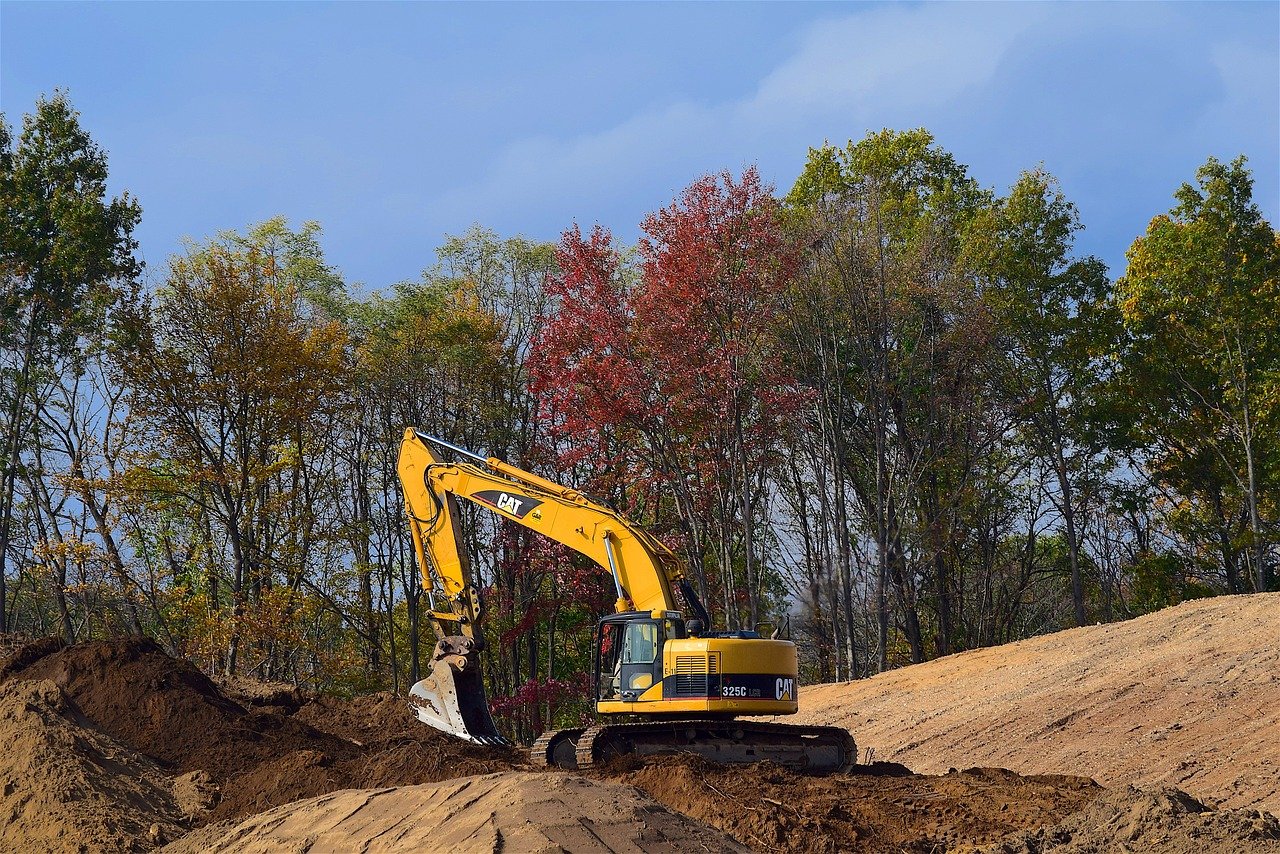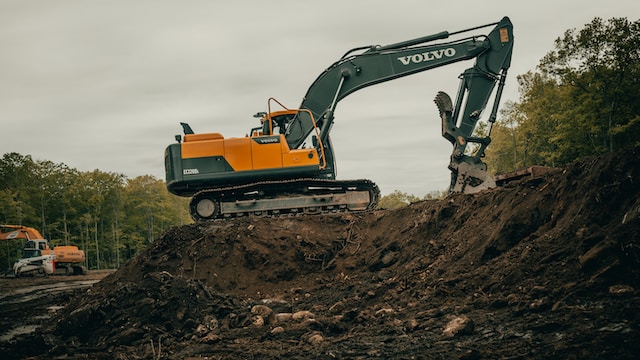Researchers from the Colorado School of Public Health have published a new study that states air pollution resulting from fracking can have significantly detrimental effects on pregnant women and their unborn children living in close proximity to fracking wells.
The peer review study entitled Birth Outcomes and Maternal Residential Proximity to Natural Gas Development in Rural Colorado was published in the Environmental Health Perspectives Journal by a team of researchers examining data gathered between 1996 and 2009, investigating over 100,000 pregnancies and their outcomes and how they correlate with their proximities to natural gas development (NDG) sites.
Focus was placed on congenital heart defects (CHDs), neural tube defects (NTDs), oral clefts, preterm birth, and low birth weight that may have been caused by air pollutants. Congenital heart defects and neural tube defects were more common when the term of pregnancy was exposed to air pollution from fracking sites, typically within a 10 mile radius of wells. No compelling evidence was found to suggest oral clefts were caused by fracking’s air pollution.
The research is limited in its scope though. Researchers did not have access to the women’s prior health information. It’s a limitation that they themselves admit to in the paper. “Greater specificity in exposure estimates are needed to further explore these associations,” they wrote in their conclusion.
“Further studies incorporating information on specific activities and production levels near homes over the course of pregnancy would improve exposure assessments and provide more refined effect estimates,” they wrote.
“Recent data indicate that exposure to NGD activities is increasingly common,” the researchers added, underlining a need for further research and study in this area.
Fracking has become a contentious topic in the state of Colorado. The Colorado Oil and Gas Conservation Commission estimate that 26% of the more than 47,000 oil and gas wells in the state are located within 150 to 1000 feet of people’s homes.
Activists and advocates have jousted on the issue for years, namely its environmental impact but now also its direct impact on the health of citizens. The new study has now been challenged by Colorado’s health department, insisting that “people should not rush to judgment”.
Chief Medical Officer Larry Wolk raised concerns over the study’s methodology, saying that the limited study does not take into account other prenatal factors such as smoking and drinking while researchers have not made a distinction between active fracking wells and inactive ones and how health impacts may be different between the two. Wolk also questioned the addresses of women surveyed and asked if any of the women moved to or from these affected areas during their pregnancies.
“As Chief Medical Officer, I would tell pregnant women and mothers who live, or who at-the-time-of-their-pregnancy lived, in proximity to a gas well not to rely on this study as an explanation of why one of their children might have had a birth defect,” he stated. “Many factors known to contribute to birth defects were ignored in this study.”
Regardless, the Colorado School of Public Health study has been praised and agreed on by some of the researchers’ peers. Miriam Rotkin-Ellman, a public health scientist, blogged about the findings for the National Resources Defense Council.
“The fact that it found a statistically significant association is very worrisome especially in combination with early reports of similar findings from a study in Pennsylvania,” she said.
“Although these types of studies can’t tell us definitively that pollution from oil and gas wells is the cause of the elevated birth defects, the findings of this study are like a flashing light saying something is going on here and we need to take action to make sure our most vulnerable are protected.”







